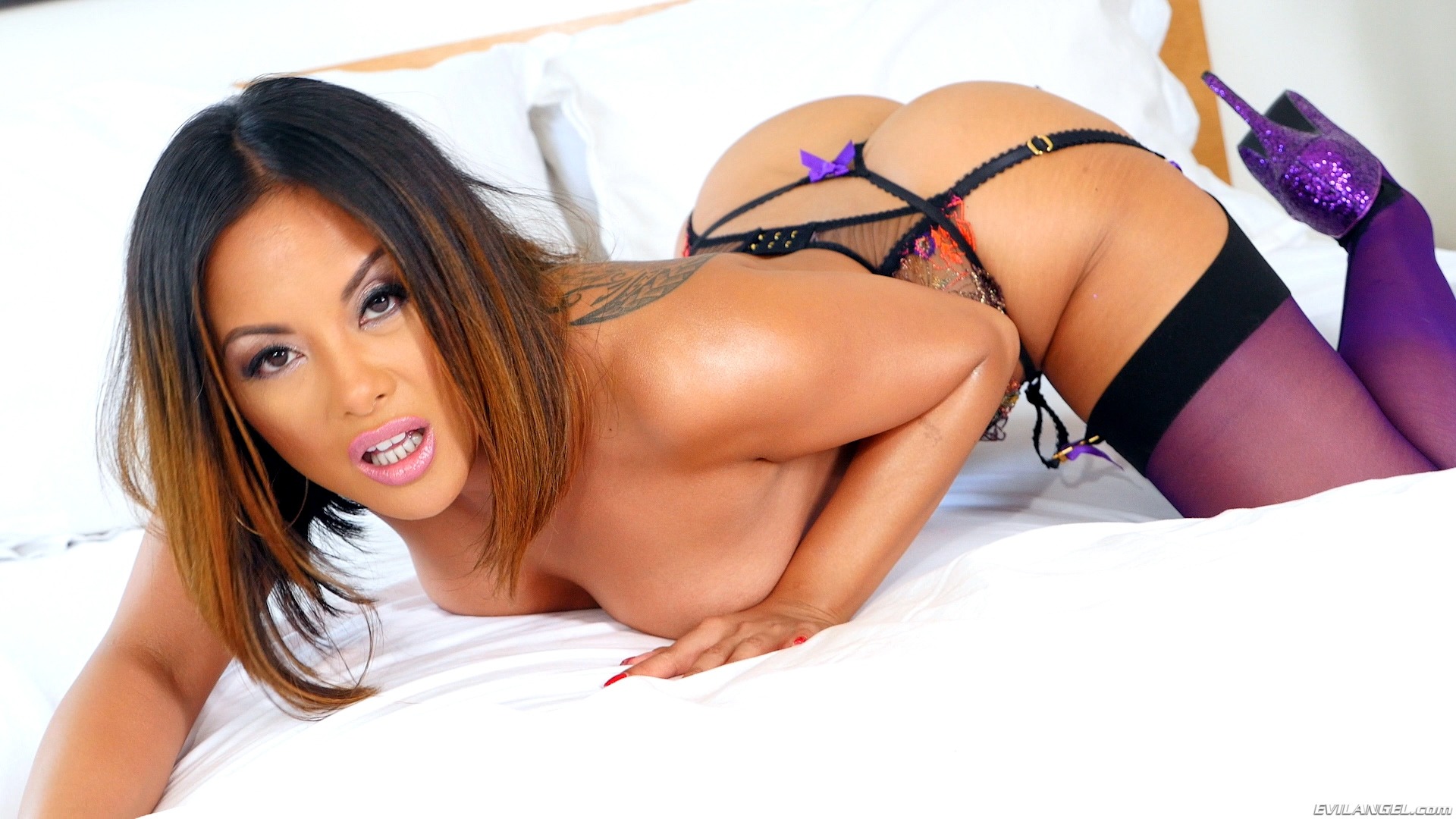
Erotic literature, often referred to as “erotica,” has been a part of human culture for centuries, providing a unique and often controversial form of entertainment and exploration. From the steamy tales of ancient Greece to the racy novels of today, erotica has a long and varied history. But what exactly is erotic literature, and what is its appeal and impact on society?
At its core, erotic literature is writing that is intended Nudes Leaks to arouse the reader’s sexual desires and fantasies. This can include everything from explicit descriptions of sexual acts to more subtle and suggestive language. Erotica can take many forms, including novels, short stories, poetry, and even graphic novels.
One of the key appeals of erotic literature is the freedom it provides to explore taboo or forbidden desires in a safe and private space. Many people find that reading about sexual experiences that they may not feel comfortable having in real life can be a liberating and exciting experience. Additionally, erotica can be a way for people to learn about and understand their own sexuality, as well as the sexuality of others.
However, erotic literature is not without its controversies. Some people argue that it can be degrading to women and perpetuate harmful stereotypes. Others argue that it can be addictive and lead to unrealistic expectations about sex and relationships.
Despite these concerns, many experts argue that erotic literature can have a positive impact on society. For one, it can help people to understand and accept their own sexuality, which can lead to more healthy and fulfilling relationships. Additionally, erotic literature can be a way for people to explore and understand different perspectives and experiences, which can lead to greater empathy and understanding.
It’s also worth noting that not all erotic literature is created equal. Some erotica is well-written and thought-provoking, while other erotica is poorly written and exploitative. It’s important for readers to be discerning and to seek out erotica that is respectful and empowering, rather than degrading or objectifying.
In conclusion, erotic literature is a complex and multifaceted genre that can be both alluring and controversial. While it is not without its drawbacks, it can also provide a safe and private space for people to explore their desires and fantasies, as well as a way to understand and accept their own sexuality. As with any form of entertainment, it’s important for readers to be discerning and to seek out erotica that is well-written, respectful, and empowering.








